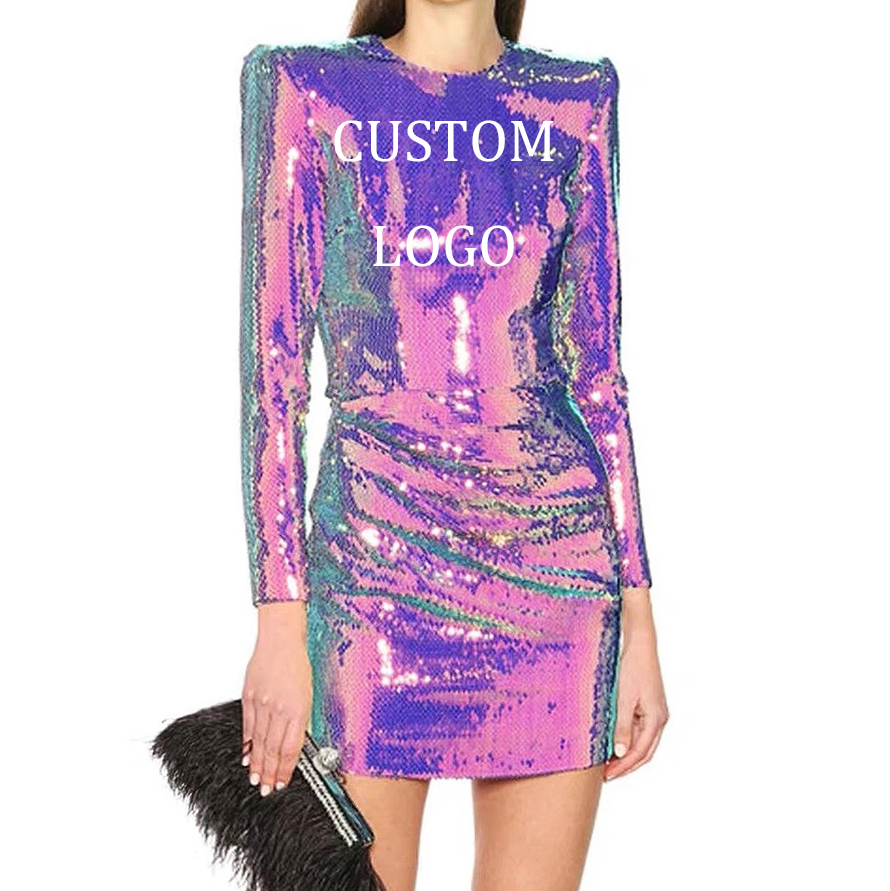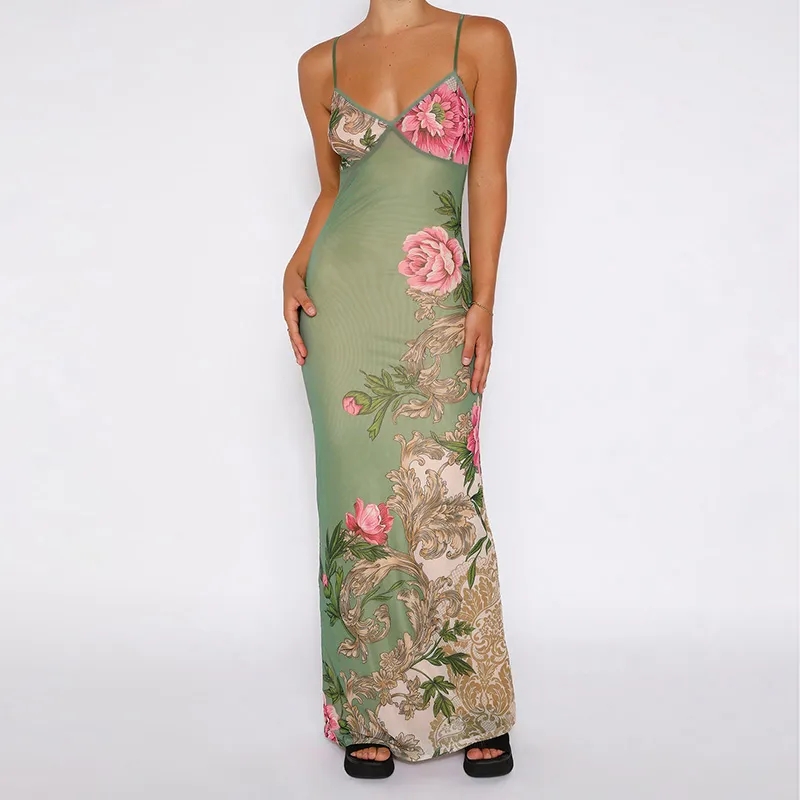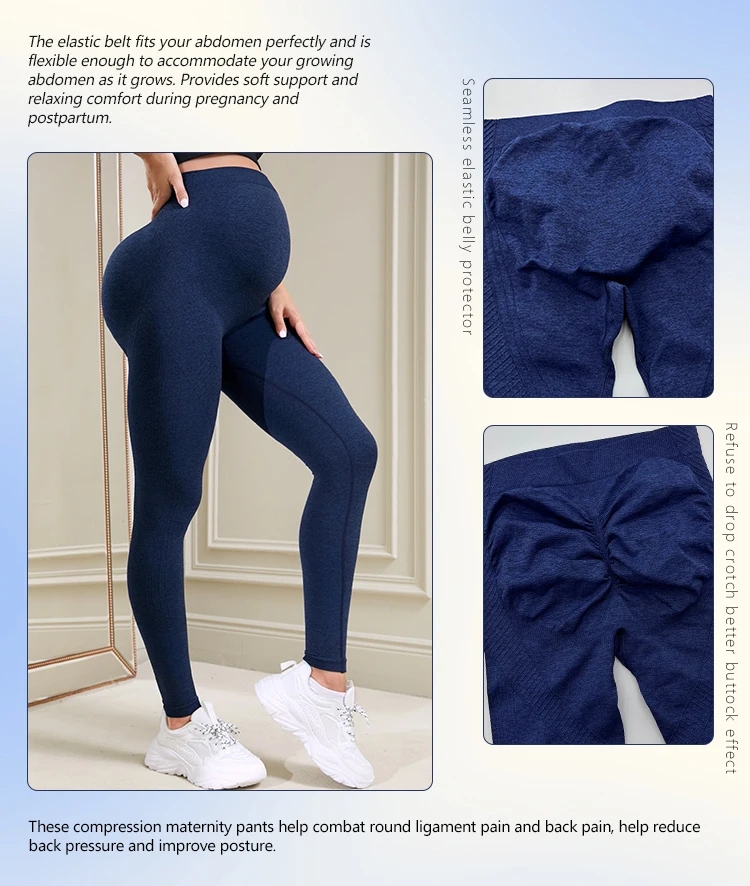Finding a clothing manufacturer for your startup can be a crucial step in turning your fashion business idea into a reality. Here's a step-by-step guide on how to find a clothing manufacturer for your startup: My years of experience in clothing manufacturers have found that novice clothing brand sellers lack understanding of factories, and there are many difficulties in communication during the cooperation process. It is necessary for clothing businessmen to understand the factory. How can factories and businesses achieve a win-win situation?
Table of Contents
| 1. Define Your Clothing Line | 2. Set a Budget | 3. Research and Create a List of Manufacturers | 4. Narrow Down Your List | 5. Get Samples | 6. Cost Estimation |
| 7. Visit the Manufacturer | 8. Check References and Reviews | 9. Negotiate Terms | 10.Sign a Contract | 11. Start Small | 12. Build a Strong Relationship |
1. Define Your Clothing Line: Before you start searching for a manufacturer, you need a clear understanding of the type of clothing you want to produce. What's your niche, style, and target audience? Having a well-defined concept will make it easier to find a manufacturer that specializes in your specific product.
2. Set a Budget: Determine how much you're willing to invest in manufacturing. Your budget will affect the type of manufacturer you can work with, as larger facilities may have higher minimum order quantities (MOQs) and pricing.
3. Research and Create a List of Manufacturers:
- Online Directories: Websites like Alibaba, Thomasnet, and MFG are great places to start your search. These directories list manufacturers from around the world.
- Trade Shows and Expos**: Attend clothing and textile trade shows and expos to meet manufacturers in person and establish relationships.
- Local Manufacturers**: Depending on your location, there may be local manufacturers that can cater to your needs. Check business directories, attend industry events, and join local business associations to find them.
4. Narrow Down Your List:
- Consider the manufacturer's location and whether they have experience working with startups.
- Check their production capabilities, including the types of materials they work with, equipment, and the range of products they can manufacture.
- Review their minimum order quantities (MOQs) to see if they align with your budget and production needs.
- Look at their quality control processes and any certifications they may have.
5. Get Samples:
- Request samples from the manufacturers on your shortlist. This will help you assess the quality of their work and the materials they use.
- Evaluate the fit, comfort, and overall quality of the samples.
6. Cost Estimation:
- Get detailed cost estimates from the manufacturers, including production costs, shipping, and any additional fees.
- Be transparent about your budget and negotiate if necessary.
7. Visit the Manufacturer (Optional): If possible, consider visiting the manufacturing facility to see their operations firsthand and establish a personal relationship.
8. Check References and Reviews:
- Contact other businesses that have worked with the manufacturer and ask for references and feedback.
- Check online reviews and forums for any feedback on their services.
9. Negotiate Terms:
- Carefully review the manufacturer's terms and conditions, including payment terms, production timelines, and quality control procedures.
- Negotiate these terms to ensure they align with your needs.
10. Sign a Contract: Once you've chosen a manufacturer, draft a clear and comprehensive contract that outlines all the terms and conditions, including product specifications, production schedule, payment terms, and quality control standards.
11. Start Small: It's often wise to start with a smaller order to test the manufacturer's capabilities and the market's response to your products. This reduces risk and allows you to fine-tune your designs and production processes.
12. Build a Strong Relationship: Maintain open communication with your manufacturer. Building a good working relationship is key to a successful and efficient production process.
Finding the right clothing manufacturer for your startup may take time and effort, but it's a crucial step in bringing your fashion business to life. Be patient, conduct thorough research, and make informed decisions to ensure a successful partnership.
The Operation Process of the Garment Factory
Your goal here is find clothing manufacturer that can produce your specific designs in the quantities that you desire at a reasonable price. In fact, the factory is the most complicated link in the apparel supply chain. The factory needs a lot of sewing equipment and space, which will cost a lot of money.
● Send your sketch or pictures to the project manager and communicate clearly the details of fabric, size, design, etc.
● After confirming with you, the project manager will send your design to the pattern maker, and then purchase the fabric, make a pattern for the sewing staff finally make your design into life.
● Take a photo and video of the finished sample for you to confirm. If you are not satisfied, we will modify it and return to process1
● If you are satisfied with the sample, ship it to you, and then quote. After you confirm the order, send the quantity and size to the project manager, as well as custom logos
● The documentary will arrange the purchase of bulk fabrics. The cutting department will uniformly cut it, and the sewing department will sew it, and the final department (cleaning, quality inspection, ironing, packaging, shipping)
If a garment factory does not have stable orders, it will face very heavy economic pressure. Because of the rent and so many workers and equipment. Therefore, the factory will do its best to make every order well, hoping to establish a good long-term cooperative relationship with the brand, and there will be more orders in the future.
How to Judge That a Clothing Manufacturer Is a Good Factory in Mind
Factory scale
First of all, I think that the scale of the factory cannot be used to judge a factory. Large factories are relatively complete in all aspects of the management system, and quality control is relatively better than small factories; but the disadvantage of large factories is that the management cost is too high for the number of people, and it is difficult to adapt to the current flexible production lines of multiple varieties and small batches. . Relatively speaking, the price is relatively high. This is why many companies have now started to build small factories.
When it comes to the scale of the garment factory now, it cannot be compared with before. In the 1990s, the factory had ten thousand employees, but now it’s not easy to find a garment factory with hundreds of people. And now many garment factories is a dozen people.
Factory automation is getting higher and higher, and the reduction in labor demand is another reason. At the same time, there are fewer and fewer large orders. Large factories are not suitable for the current small-volume order customization needs. Small factories are relatively more suitable for small orders. Moreover, compared with large factories, the management costs of small factories can be relatively better controlled, so the scale of factories is now shrinking.
For clothing production automation, currently, only suits and shirts can be realized. There are also many craftsmanships for suits, and it is difficult to automate mass production for fashion. Especially for high-end customized clothing, the degree of automation is even lower. In fact, for the current garment craftsmanship, the higher-end categories require more manual participation, and it is difficult for automated things to completely replace all crafts.
Therefore, when looking for a factory, you must: Find a factory of the corresponding scale according to your order size.
If the order quantity is small, but you are looking for a large-scale factory, even if the factory agrees to do it, it will not pay much attention to the order. However, if the order is relatively large, but a small-scale factory is found, the final delivery time is also a big problem. At the same time, we should not think that many processes are automated operations, so we bargain with the factory. In fact, as far as the current technology is concerned, the degree of automation of clothing is not very high, and the labor cost is still very high.
Customer group positioning
When finding a clothing manufacturer, it is best to find out which objects your intended factory serves. If the factory is mainly for OEM processing for big brands, then he may not be interested in orders for start-up brands.
The factories that have been dealing with their own brands for a long time will basically understand their needs. For example, our factory has cooperated with many brands. Basically, we only need customers to provide design drawings. We will be responsible for other things such as purchasing accessories, cutting, sewing, finishing to packaging and global delivery, so our customers only need to do a good job in sales.
First ask the main cooperative service partners of the clothing manufacturer, understand what categories they mainly do, and understand the grade and main style of the clothes produced by the factory, and find a cooperative factory that matches you.
The integrity of the boss
The integrity of the boss is also a key indicator to measure the quality of a factory. Clothing sellers must first review the integrity of their boss when looking for a factory. you can go directly to Google to search for comments from others, or check whether there are comments left by other customers on the website. And after the cooperation, observe whether the factory is responsible for the problems that arise, and actively find ways to solve the problems. In fact, a boss has problems with integrity, and the factory will not last long.
What Are the Things That Big Brands or Startup Brands Need to Pay Attention to When Looking for a Clothing Factory to Cooperate
What Are the Things That Big Brands or Startup Brands Need to Pay Attention to When Looking for a Clothing Factory to Cooperate
MOQ
For businesses that are just starting out, the minimum order quantity is the most critical factor. Many factories with a certain scale have certain requirements for the minimum order quantity of a single item.
Quality control
Our factory now produce samples according to the pictures, but generally we need to understand the designer’s intentions. Long-term customer models have a higher accuracy rate because we know the customer’s habits, but for new customers, the first model is difficult to be perfect, so designers need to provide as many size details as possible for reference.
Drop shipping
Some factories can also provide a drop shipping model. For example, the buyer pays for the goods and prepays some freight. You can put the goods in our warehouse.
Payment period
When discussing cooperation with the factory, the payment of the order is also a key factor.
For general small brands, most of them pay a 30% deposit first and then start production, and pay 70% of the balance and shipping before shipment.
In terms of MOQ, quality follow-up, payment methods, etc., it is necessary to reach a win-win cooperation agreement in order to cooperate better.
Post time: Oct-25-2023



